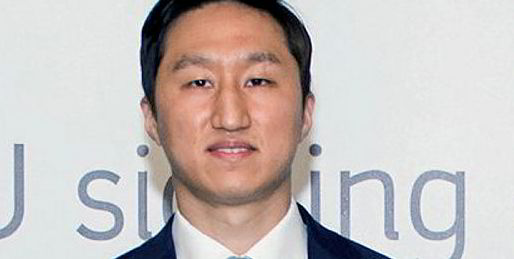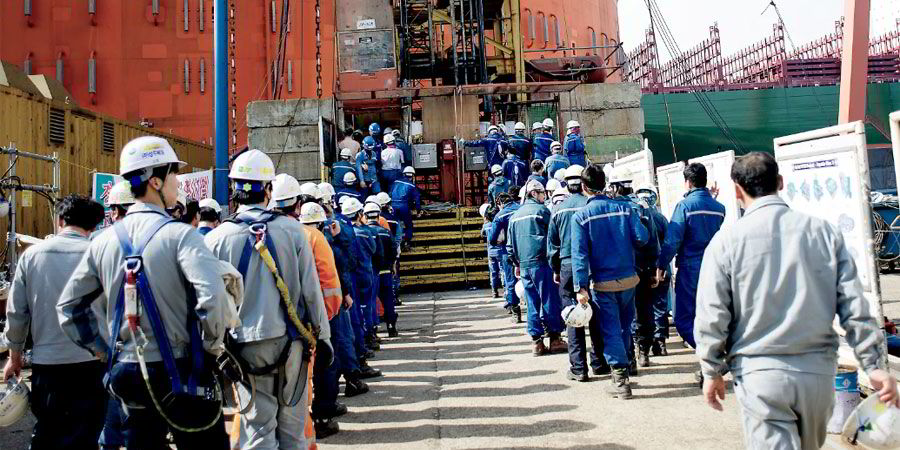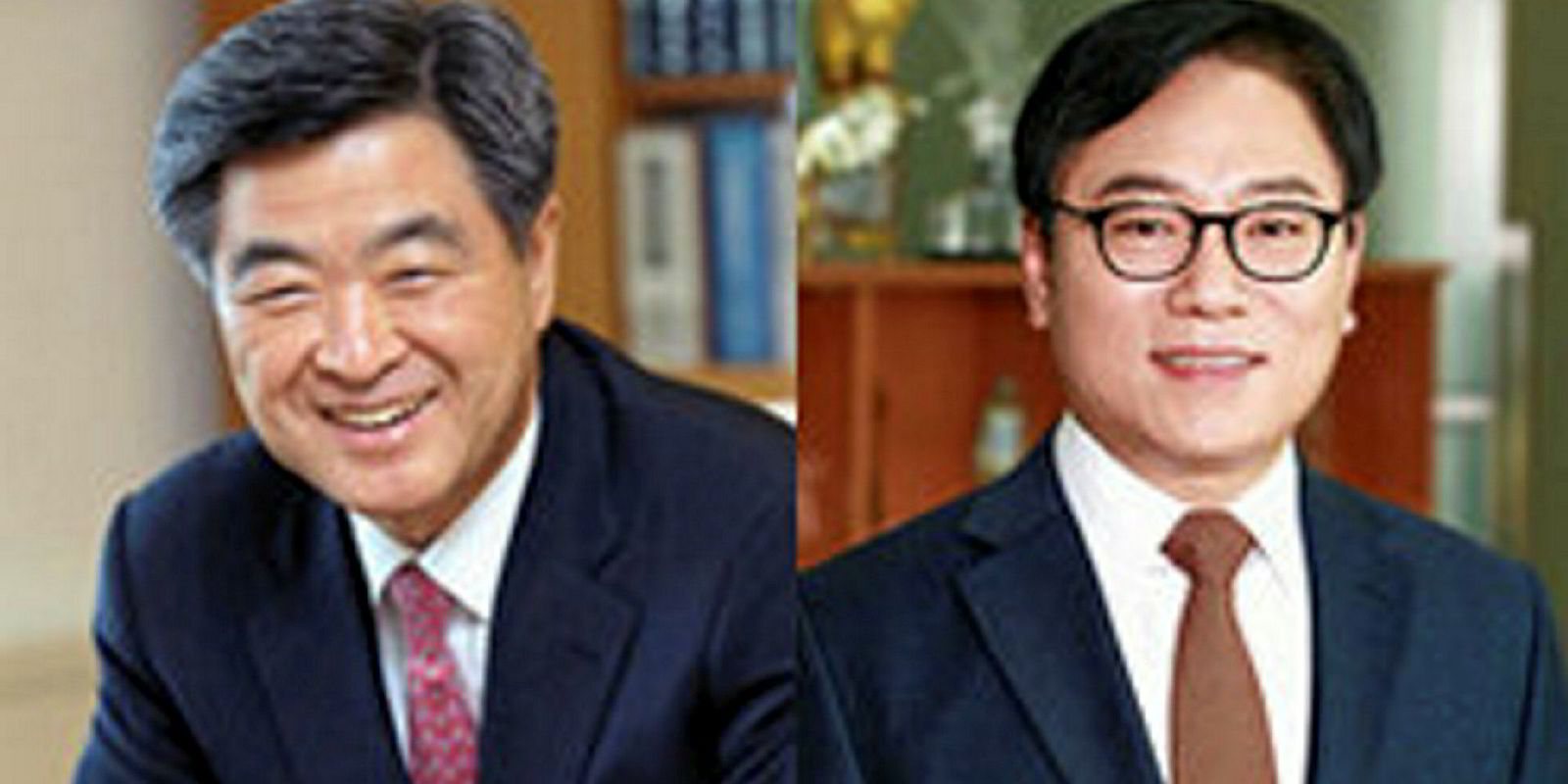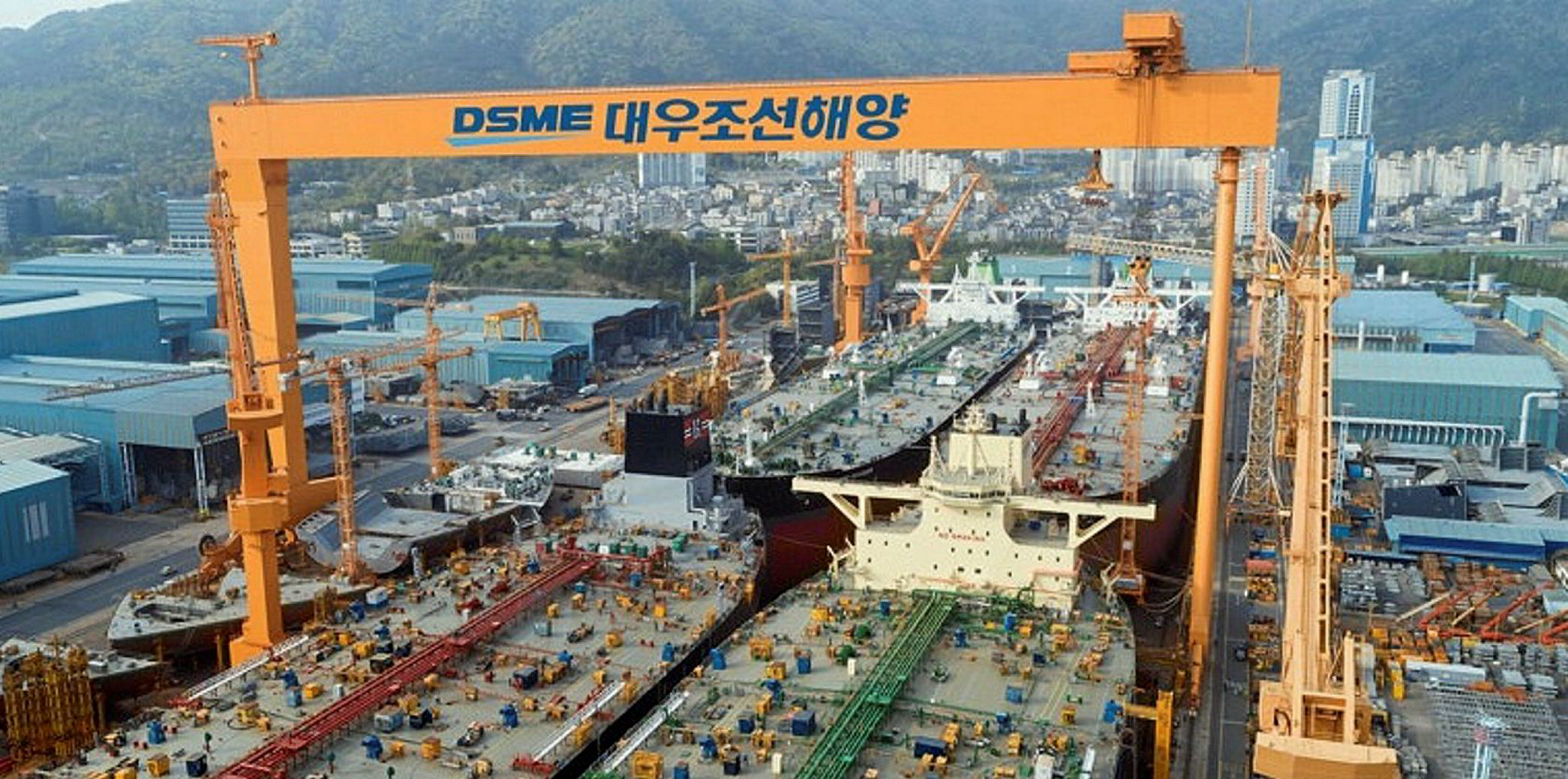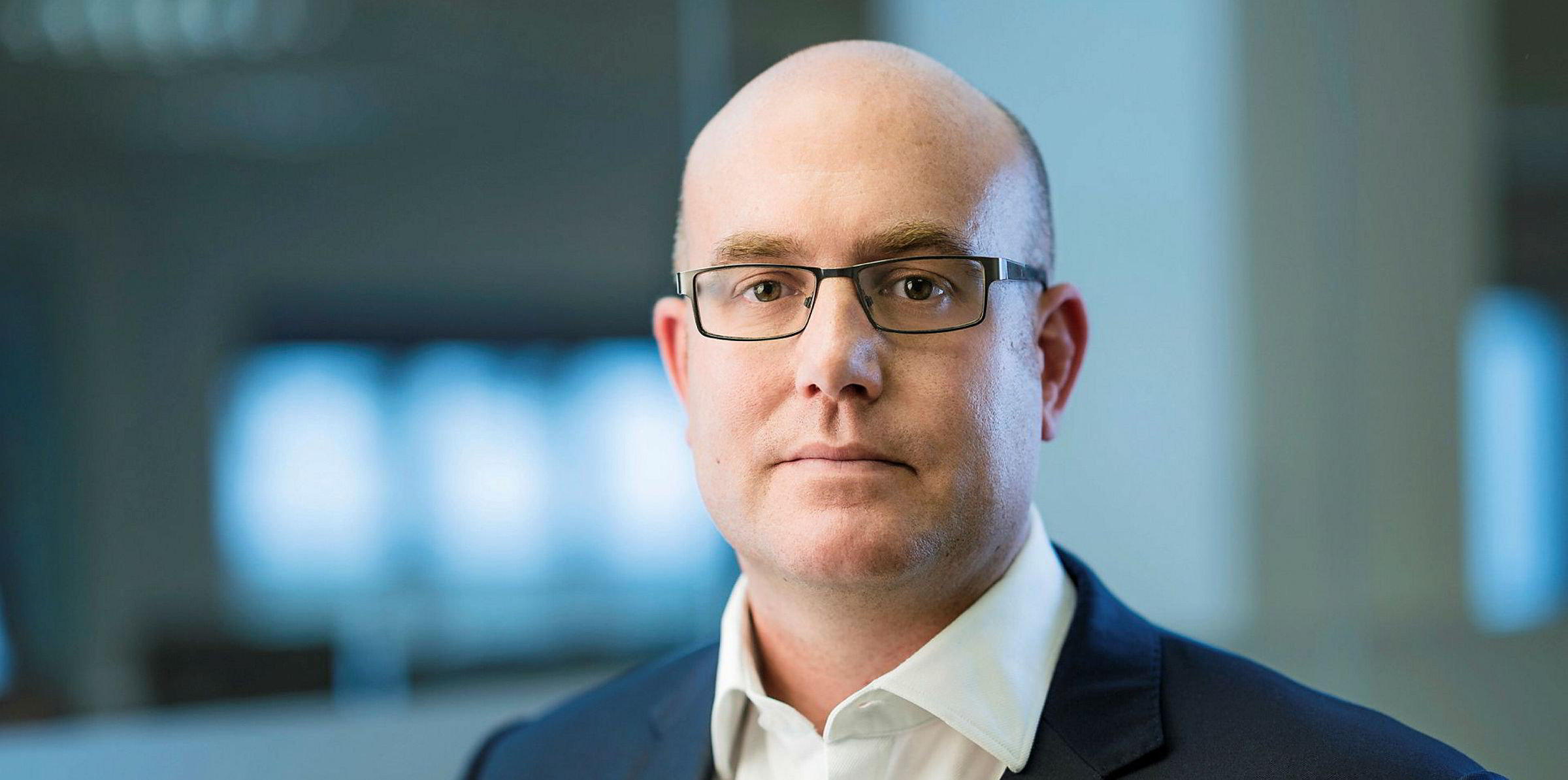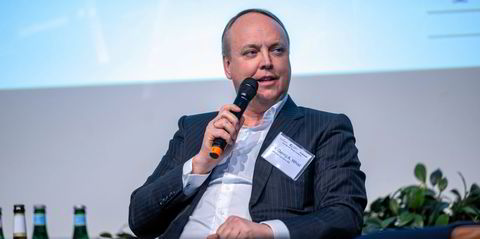Chung Ki-sun’s face is often seen in Hyundai Heavy Industries’ photos of high-profile deal signings, negotiations and newbuilding deliveries, but in the day-to-day environment, this senior executive prefers a lower profile.
Son of Hyundai Heavy Industries Group’s largest shareholder, Chung Mong-joon, and grandson of Chung Ju-yung, the founder of what was at one time South Korea’s second-largest chaebol, 38-year-old Chung Ki-sun is the third-generation family name to take a key role at the world’s biggest shipbuilder.
Chung studied economics in Seoul before shifting to the US to complete an MBA at Stamford University. He joined HHI, taking a brief break at the South Korean arm of the Boston Consulting Group.
Senior figures in South Korea’s shipping community describe Chung as “smart”, “business-orientated”, “dedicated”, “hard- working” and “personable”.
Others speak about his “gentle attitude”, while press reports describe him as humble and respectful of older colleagues. “I think he’s a good man,” one South Korean shipbuilding elder commented.
Chung holds three key roles within the HHI Group.
At HHI Holdings — the shipbuilder has four different yards and is awaiting approval from the competition authorities for its proposed acquisition of DSME — he is head of planning and responsible for managing the group’s business portfolio and future strategies.
At HHI, he is managing director of sales and marketing, overseeing the progress of all newbuilding projects. “In this role, rather than trying to get deeply involved in negotiating prices and technical specifications, I focus on reading how the commercial and technical trends are changing, and preparing our organisations to adapt,” he tells TW+.
Chung is also co-chief executive of Hyundai Global Service (HGS), set up in 2016 to provide troubleshooting for issues reported by clients. Today it offers spare parts and engineering services, as well as solutions on digitalisation, LNG or scrubber retrofitting, energy-saving devices and ballast water treatment system installations.
Chung says the digital transformation of products and processes will be a focus for him in the coming years.
Industrial product manufacturers, including shipbuilders, will shortly face a Digitise or Die era
Chung Ki-sun
“With technology rapidly changing the rules of the game, industrial product manufacturers, including shipbuilders, will shortly face a Digitise or Die era, just like others,” he says.
“Preparing for that era is particularly challenging for the shipbuilding sector, which moves at a much slower pace in digital transformation than other manufacturing industries.
“We are becoming aware that a new technology combined with an inadequate process will generate nothing more than an expensive but substandard process, and therefore, we are adopting some changes on our work processes.”
So is Chung destined for the top job at HHI?
His father, who has been pursuing his political career and footballing interests, remains the controlling shareholder of HHI Group but has not taken an active role in it for 20 years.
Chung has slowly been building up his stock, but domestic shipbuilding veterans say HHI has been slow in its succession planning.
Throughout all the attention and speculation that comes with his position, Chung’s low-key approach prompts some associates to say it is difficult to know what he is thinking.
He married in July, amid the Covid-19 lockdown, but the name of his bride has not been made public in the press.
But Chung is clear on what the key issue for shipping will be in the next 10 years.
“Shipping is in a difficult situation where we have to respond to the environmental challenge, while the industry is not particularly attracting ample interests from investors,” he says.
HHI is taking a two-pronged approach to support the shipping community’s response to environmental regulations and prevent climate change, he adds. Its newbuilding subsidiaries are offering improved Energy Efficiency Design Index on vessels by adopting new technologies, while HGS provides retrofit services for existing ships to meet the index’s rating requirements.
“When it comes to environmental regulations, shipping needs the most cost-effective technical breakthrough possible,” Chung says. “The same can be said of digital transformation.” He is working on it.
